
With customer demand for eco-friendly options and regulatory scrutiny of traditional plastic foodware growing, more business owners are turning to sustainable practices—including transitioning to compostable and paper products. As restaurants seek sustainable alternatives to conventional plastic straws, both compostable and paper straws have emerged as leading options. This guide provides a transparent, data-driven life cycle […]
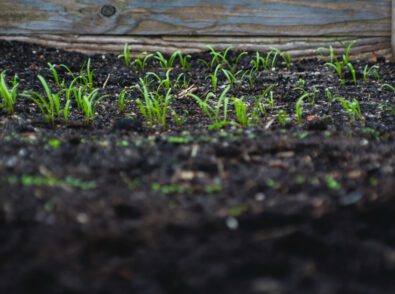
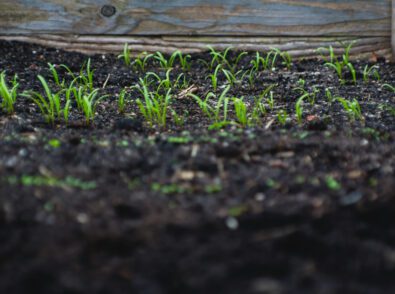
There is a wide range of compostable materials on the market that are eco-friendly alternatives to plastic. Restaurant owners who choose compostable containers for food and beverages benefit from their sustainability, reliability, and convenience. Each compostable material has advantages and drawbacks to consider when deciding which is right for your restaurant’s cutlery, straws, plates, drink […]
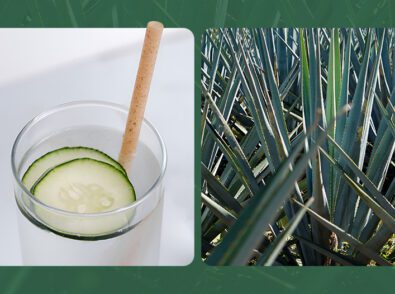
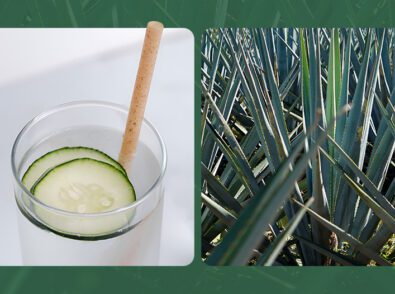
As sustainability becomes more important to businesses and consumers, more products are marketed as “eco-friendly” or “sustainable.” However, products that have these terms on their packaging don’t necessarily meet these qualifications. This practice is called greenwashing, and it poses a risk to restaurant owners seeking sustainable alternatives to single-use cutlery. Using these products can result […]
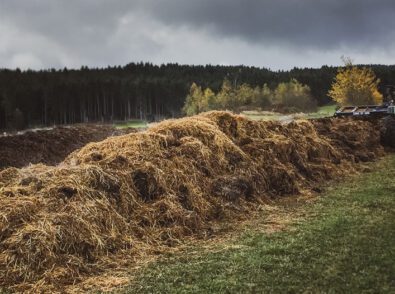

The sustainable products industry has an array of certifications, including BPI, TUV, and ASTM. We’ll review the most common composting certifications, so you know what to look for on the market. Difference Between Biodegrade and Compost Some certifications apply to composting, and others are for biodegrading. Both are natural processes for chemically breaking down materials […]


Today, over 83% of consumers believe companies have a responsibility to implement sustainable practices. As the foodservice industry evolves, many businesses seek better alternatives to traditional single-use plastics. Plastic straws remain a significant topic, with over 500 million pieces discarded in the United States daily. Restaurants, food chains, and hospitality establishments can lower their environmental […]


Greenprint provides high-quality, sustainable alternatives to single-use plastic cups, lids, and cutlery, building a circular economy for a positive environmental impact. Our products make it easy for restaurants to adopt sustainable packaging, regardless of location. We offer multiple cups that have a variety of disposal methods, including home composting, industrial composting, and landfill disposal. Our […]
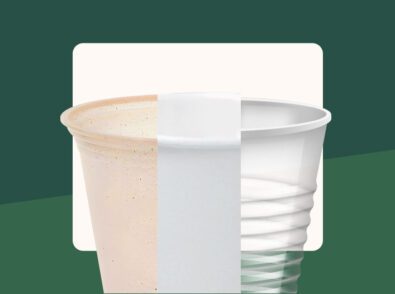

Disposable cups are a convenient and cost-effective way to ensure you have enough drinkware for in-store guests and to-go customers. They’re portable, easy to use, space-saving, and budget-friendly. With the number of disposable cup types available, it can be challenging to choose the right one for your needs. Here we talk about different types of […]


Single-use plastic cups are popular for picnics, company kitchens, and events. They’re cheap, don’t require washing, and save time. However, these cups have significant negative impacts on the environment, like polluting the environment and releasing harmful chemicals. By 2020, more than 219 million U.S. citizens were using disposable cups and plates. Plastic production worldwide has […]
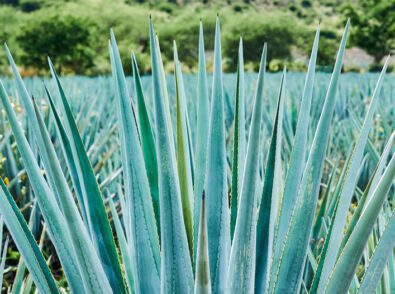

FSC-certified plant fibers are sustainably sourced natural materials or materials originating as plant-based products. The FSC certifications may cover wood and paper products, and they also cover many other natural fibers and forest products. Prime examples include the following: The Importance of Sustainable Sourcing While many consider products sustainable when they are biodegradable or recyclable, […]

